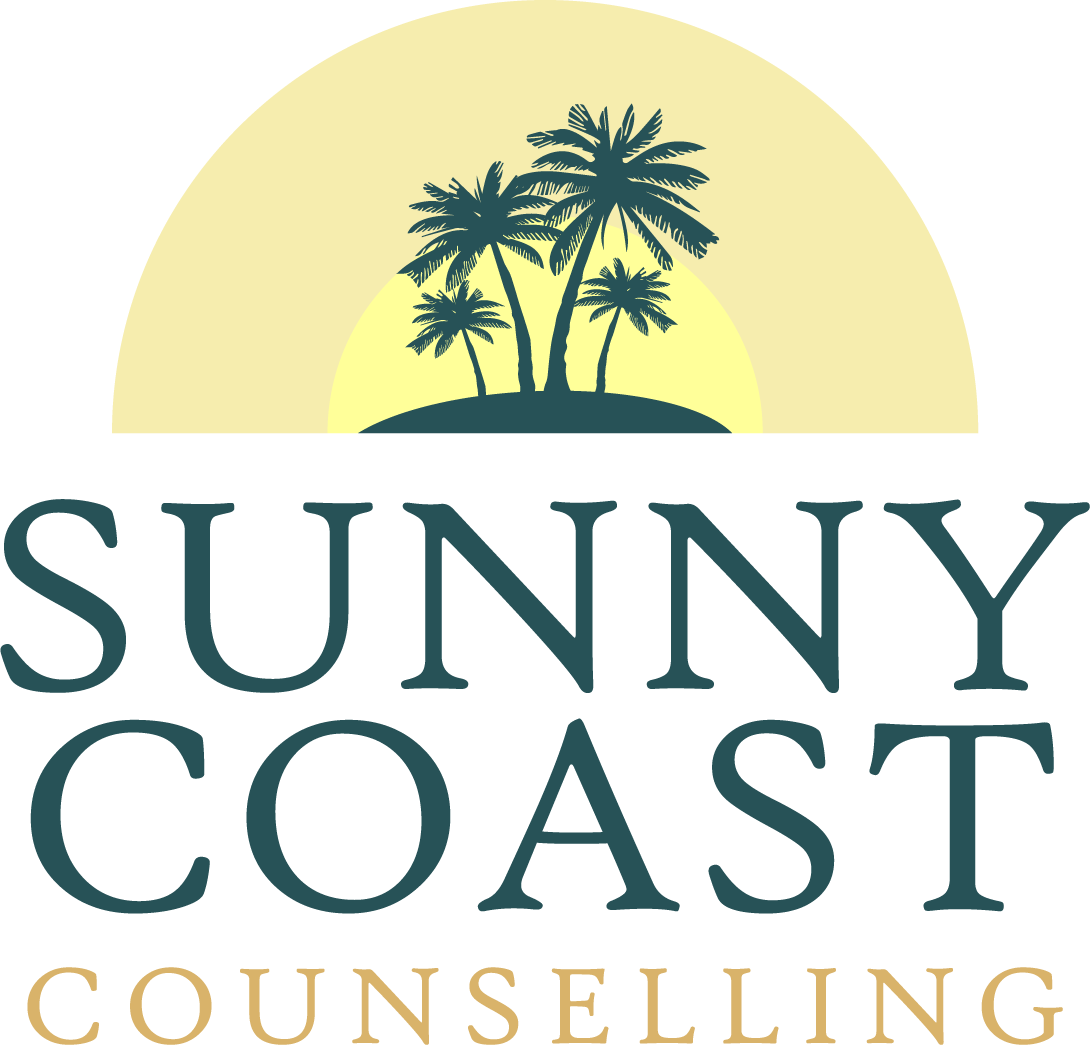When life gets tough, many of us naturally turn to our friends for support. Friends can be a great source of comfort, encouragement, and companionship. But sometimes, even the most well-meaning friends can’t offer what you truly need to move forward. That’s where counselling comes in — and why it can be a better option when you’re struggling with emotional or mental health challenges.
Here’s why talking to a professional counsellor is different — and often more helpful — than simply opening up to a friend.
1. Counselling is Confidential and Judgment-Free
Your friends care about you, but they also come with their own opinions, perspectives, and even biases. A counsellor, on the other hand, provides a confidential space where you won’t be judged or interrupted. You can speak freely about your fears, thoughts, and emotions without worrying about damaging the relationship or being misunderstood.
2. Counsellors Are Trained to Help in Specific Ways
Counsellors don’t just listen — they’re trained in evidence-based strategies to help you understand yourself better, manage emotions, improve relationships, and make lasting changes. Whether you’re dealing with anxiety, depression, trauma, grief, or just feeling stuck, a counsellor can offer tools and techniques tailored to your situation.
Friends may want to help, but they’re not equipped with the same skills or professional distance.
3. You Don’t Have to Worry About Burdening a Counsellor
Many people hold back when talking to friends because they don’t want to be “a burden.” In counselling, you don’t have to worry about that. Your sessions are all about you — your needs, your experiences, your goals. Counsellors are there specifically to support you, and their job is to hold space for whatever you bring to the conversation.
4. Counselling Helps You Go Deeper
Conversations with friends often stay on the surface or get sidetracked. Counselling is more structured and focused, helping you go deeper into patterns, emotions, and behaviours that may be holding you back. A good counsellor gently challenges you, asks the right questions, and helps you gain insight that might never arise in casual conversations.
5. There’s No Emotional Entanglement
Friends are personally invested in your life — which can be both a strength and a limitation. Sometimes they may try to give advice based on what they would do, or they may struggle to stay neutral. A counsellor, however, offers an outside perspective without emotional entanglement, which often leads to clearer, more objective support.
6. It’s a Step Towards Taking Yourself Seriously
Choosing counselling is a way of saying, “My wellbeing matters.” It’s an act of self-respect and self-care. While it’s wonderful to have a supportive circle of friends, seeking professional help signals that you’re ready to prioritise your mental health and do the deeper work that leads to lasting change.
In Summary:
| Talking to Friends | Talking to a Counsellor |
|---|---|
| Emotionally supportive | Professionally supportive |
| May offer opinions or advice | Offers structured guidance and strategies |
| May struggle to stay neutral | Is trained to stay objective and non-judgemental |
| Conversations may be casual or unfocused | Sessions are focused on your goals and growth |
| Could feel like you’re burdening them | Counsellor’s job is to support you, fully and professionally |
If you’re wondering whether counselling is right for you, that’s a great place to start the conversation. You don’t need to have a “major” problem to benefit. Whether you’re navigating a specific issue or simply want to understand yourself better, counselling can be a powerful and empowering step forward.
Ready to explore how counselling might support you? Reach out today — we’re here to help.
Sunny Coast Counselling offers compassionate, professional support to help you live a more balanced and meaningful life. Visit www.sunnycoastcounselling.com.au to learn more or book an appointment with John Belchamber here.

